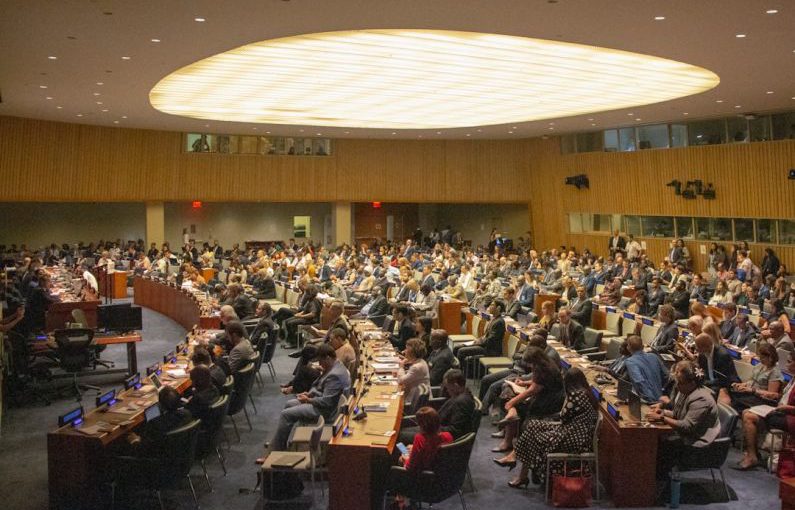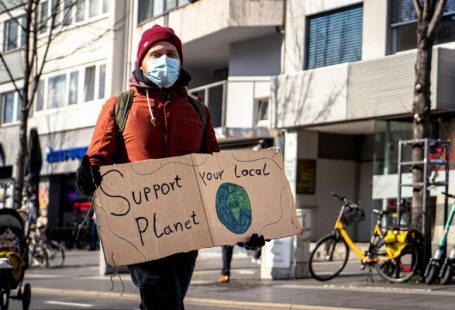Social entrepreneurship has emerged as a powerful force for positive change in the world, particularly in the pursuit of achieving the Sustainable Development Goals (SDGs). These goals, set by the United Nations to address global challenges such as poverty, inequality, climate change, and more, require innovative approaches and collaborative efforts to be realized. Social entrepreneurship plays a crucial role in this endeavor by harnessing the power of business and innovation to create sustainable solutions that benefit both people and the planet.
**The Definition of Social Entrepreneurship**
At its core, social entrepreneurship involves using entrepreneurial principles to address social or environmental issues. Social entrepreneurs are individuals or organizations that identify pressing problems in society and develop innovative and sustainable solutions to address them. Unlike traditional entrepreneurs who focus solely on generating profit, social entrepreneurs prioritize creating positive social impact as their primary goal. This distinction sets social entrepreneurship apart as a unique and powerful force for driving meaningful change in the world.
**Aligning with the SDGs**
The Sustainable Development Goals provide a roadmap for addressing some of the most pressing challenges facing our world today. From ending poverty and hunger to promoting gender equality and combating climate change, the SDGs encompass a wide range of interconnected issues that require coordinated action from governments, businesses, civil society, and individuals. Social entrepreneurship plays a vital role in advancing the SDGs by offering innovative solutions that tackle these complex problems in new and effective ways.
**Innovative Solutions for Complex Problems**
One of the key strengths of social entrepreneurship is its ability to think outside the box and come up with creative solutions to long-standing challenges. By combining business acumen with a deep commitment to social impact, social entrepreneurs are able to develop innovative models that drive positive change in their communities and beyond. Whether it’s providing clean energy to off-grid communities, improving access to healthcare in underserved areas, or promoting sustainable agriculture practices, social entrepreneurs are at the forefront of developing solutions that address the root causes of social and environmental issues.
**Driving Sustainable Development**
Sustainable development lies at the heart of the SDGs, emphasizing the need to meet the needs of the present without compromising the ability of future generations to meet their own needs. Social entrepreneurship plays a critical role in driving sustainable development by promoting environmentally friendly practices, empowering marginalized communities, and fostering inclusive economic growth. By prioritizing sustainability and social impact in their business models, social entrepreneurs are helping to build a more equitable and resilient world for all.
**Collaboration and Partnerships**
Achieving the SDGs requires collaboration and partnerships across sectors and stakeholders. Social entrepreneurs excel at building bridges between different actors to create shared value and maximize impact. By working with governments, businesses, non-profit organizations, and local communities, social entrepreneurs can leverage their unique skills and resources to scale their impact and drive systemic change. These collaborations are essential for addressing the interconnected nature of the SDGs and creating lasting solutions that benefit society as a whole.
**Empowering Communities**
At the heart of social entrepreneurship is a deep commitment to empowering communities and individuals to drive their own development. By involving local stakeholders in the design and implementation of solutions, social entrepreneurs ensure that initiatives are tailored to the specific needs and context of the community. This bottom-up approach not only leads to more sustainable outcomes but also fosters a sense of ownership and agency among those directly affected by the issues being addressed. By empowering communities to be active participants in the change process, social entrepreneurship helps build resilient and inclusive societies that are better equipped to tackle the challenges of the 21st century.
**A Call to Action**
As we work towards achieving the Sustainable Development Goals by 2030, the role of social entrepreneurship becomes more critical than ever. By harnessing the power of innovation, collaboration, and social impact, social entrepreneurs are driving positive change and helping to create a more sustainable and equitable world for all. It is up to all of us to support and amplify the efforts of social entrepreneurs as they work towards building a better future for the planet and its people. Together, we can turn the vision of the SDGs into a reality and create a world that is more just, inclusive, and sustainable for generations to come.





